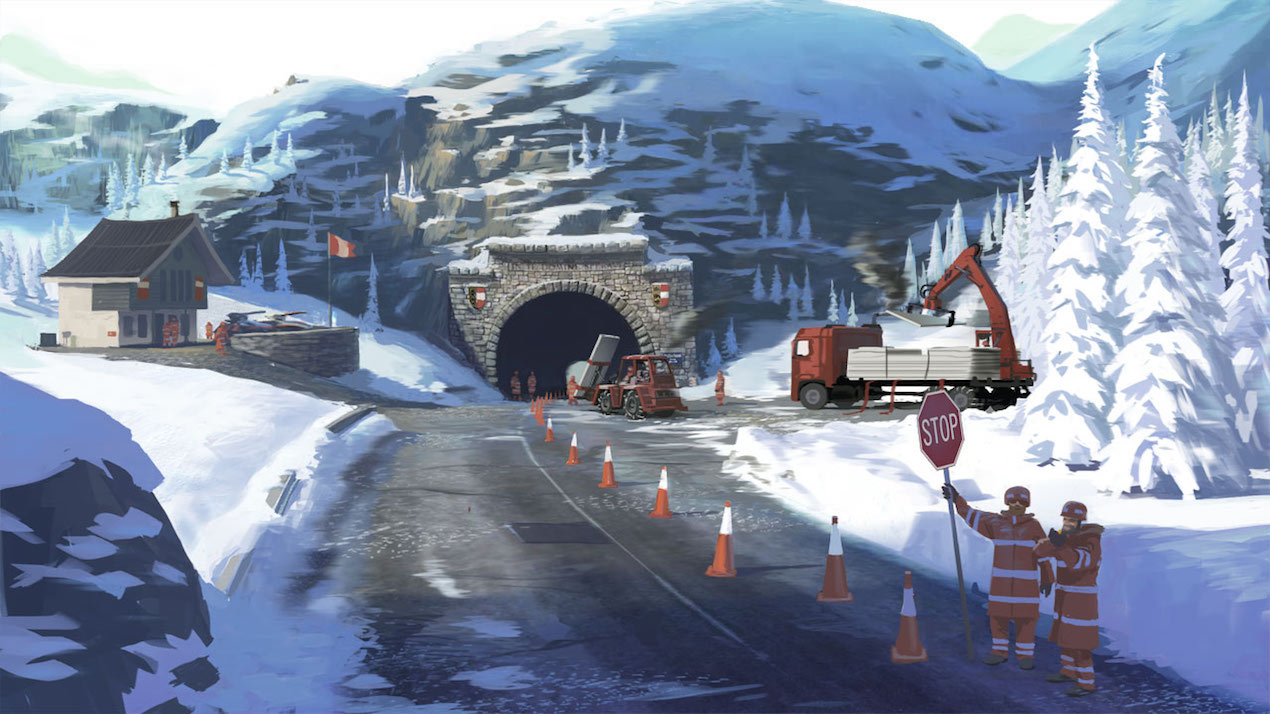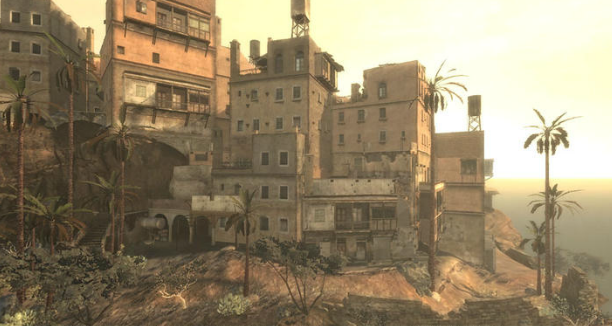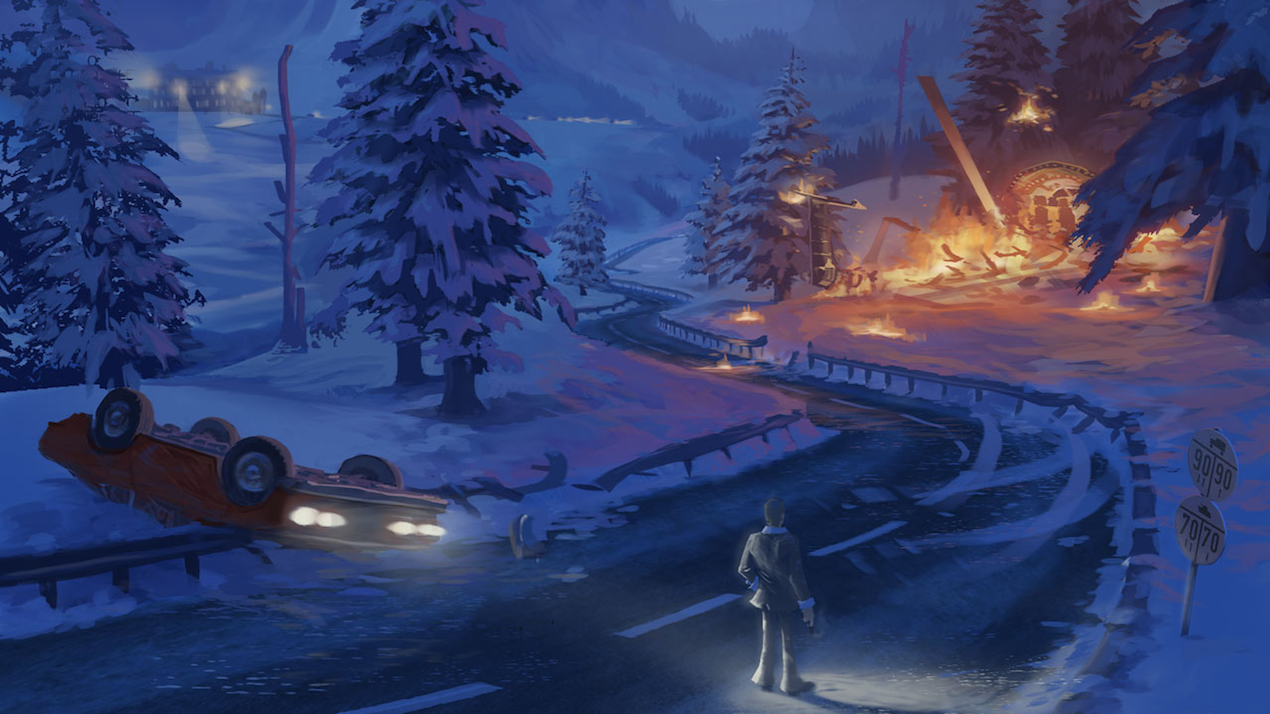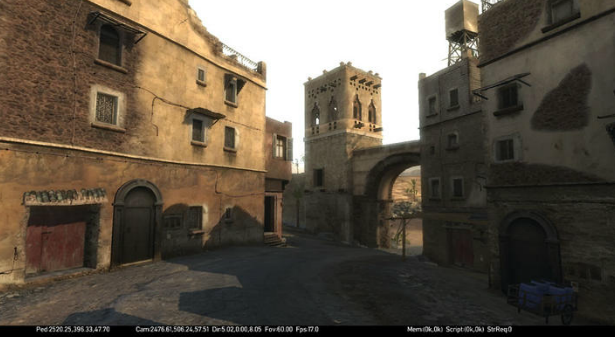Rockstar finally puts Agent to rest
It's gone to double-oh heaven.

We all knew it wasn't happening but Rockstar has put the final nail in the coffin of Agent: the game has been listed on Rockstar's official site since announcement but has now, like a troublesome contact, simply disappeared. An open-world spy game first spoken of in 2007 before being announced in 2009 as a PlayStation 3 exclusive, Agent was an ongoing and fairly high-profile project—Sony execs continued to face questions about it for years—but the news dried up in the early 2010s.
There were signs of life afterwards, and the project was certainly not vaporware. A Polygon report in 2019 revealed that Agent was, in fact, the second iteration of another game called Agent, which was being developed in the mid-2000s by Rockstar San Diego. What became of that? "I don’t know how much of it was us trying to convince them or Sam [Houser, Rockstar supremo] knew he wanted to do Red Dead anyway, but somehow the decision was made to just shelve Agent and take all the work that we’d done and start Red Dead Redemption," a former team member says.

With San Diego on Red Dead Redemption from 2005 onwards, Agent—which was apparently conceived as part-homage to The Professionals and James Bond—was handed over to Rockstar North, with rumours that Rockstar Leeds was also involved at one stage.
Another source in that Polygon article described the transition thus: "Rockstar North got a hold of some ideas and stuff. They did a little test demo that blew anything that we had done out of the water. Once we saw the demo from Rockstar North—I think they had a car that turned into a submarine or something like that, and some other stuff—we were like, 'Holy smokes!'"

When things on Agent went quiet, fan optimism was kept alive by Take-Two re-registering the game's trademark in 2016 (and the game still having a presence on Rockstar's site). But the publisher then allowed it to lapse in late 2018, which was more-or-less the last rites for Agent, before today's news killed off any lingering hopes.
There were various leaks of concept art and some in-game environments over the years, though a common thread among people who'd worked on the project was that everything had, at some point in the 2010s, been absorbed into the grander project that was Grand Theft Auto V. So, although you'll never play Agent, you've probably already played a fair few missions and used some items in Grand Theft Auto that were once intended for it.

"We have always enjoyed making action games, and with Agent we are making what we believe will be the ultimate action game," said Sam Houser when the game was announced. "Agent is a game we have wanted to make for a long time. The team in Edinburgh is doing an amazing job combining intense action, atmosphere and story in a great period setting to create something that feels quite unique. We cannot wait for people to experience this game."
Keep up to date with the most important stories and the best deals, as picked by the PC Gamer team.
Alas, not to be. Agent was real, and it was being developed by one of the best studio collectives around. The fact it didn't work out is a reminder that not only is developing these projects an incredibly difficult task but, sometimes, they don't so much die as just end up subsumed into other things.

Rich is a games journalist with 15 years' experience, beginning his career on Edge magazine before working for a wide range of outlets, including Ars Technica, Eurogamer, GamesRadar+, Gamespot, the Guardian, IGN, the New Statesman, Polygon, and Vice. He was the editor of Kotaku UK, the UK arm of Kotaku, for three years before joining PC Gamer. He is the author of a Brief History of Video Games, a full history of the medium, which the Midwest Book Review described as "[a] must-read for serious minded game historians and curious video game connoisseurs alike."

